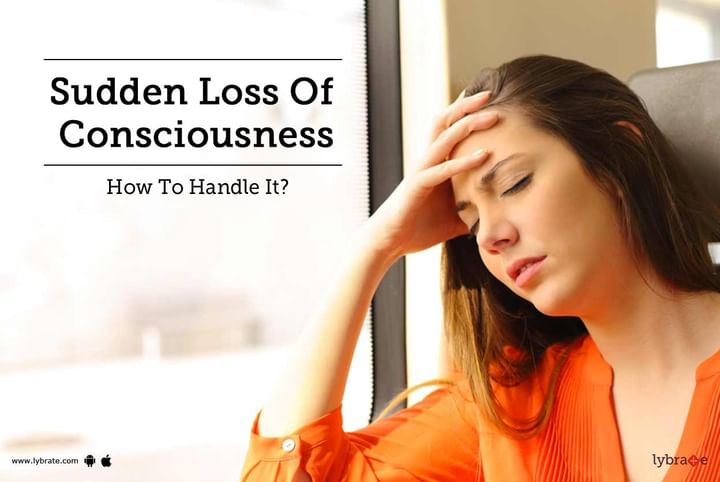Sudden Loss Of Consciousness - How To Handle It?
When you see someone faint all of a sudden, it leads to chaos around, and you are perplexed not knowing the reason. The sudden fainting or loss of consciousness is Syncope. Syncopal episodes are generally prompted by an unexpected, momentary fall in the flow of blood to the brain, leading to a person passing out and losing muscle control.
Falling causes blood flow to return to the brain, resulting in the person regaining consciousness. The duration of Syncopal episodes is generally for a few seconds or minutes, and it can happen to anyone regardless of age. It does sound scary to lose consciousness suddenly but educating yourself about the signs and symptoms, and the possible causes are the best ways to cope with Syncope.
Symptoms
The trademark sign of syncope is that the patient regularly passes out. The symptoms leading to such a blackout episode include:
- Legs feeling heavy
- Blurry vision
- Being puzzled
- Rising body temperature
- Dizziness and the person going pale
- Epigastric distress
- Nausea
- Sweating
- Vomiting
- Drop in blood pressure
- Weak pulse
However, the extreme symptoms include exertion, chest pains, laboured breathing, lower back pain, heart palpitations, constant headaches, central neurologic shortfalls, diplopia and slurred speech.
Causes
Syncope can be triggered by an unresolved medical ailment or from sudden changes in the environment. Falling unconscious can also be caused by emotional stress. Other causes include severe pain or an uncharacteristically low blood sugar. Many people faint when they see blood. Syncope can also be prompted by extreme dehydration coupled with low blood sugar. Syncope can be due to a genetic disorder and can also be caused by a medicinal side-effect.
Ways to cope with Syncope
A person who has had syncopal episodes earlier must know a few things especially when he/she lives alone or while at work or outside. A few tips to manage when you feel a syncope episode is approaching:
- When you start feeling the symptoms react with anti-gravity approaches instantly. Either sit down with your head in between knees or lie down so that the blood flow to the brain is recovered.
- Seek for a safe and secure place to faint. This is crucial so that you are least hurt in case you fell unconscious.
- If you had fainted, when you regain consciousness take time to get on foot. Lie down for some more time and ensure that the blood flow is restored.
- Stay hydrated after the episode and it is a good practice to stay well-hydrated always.
Syncope is fairly common, but it is generally people above eighty face a larger risk of being hospitalized due to it the problem. In case one thinks that he or she is facing syncopal episode, they must consult a doctor immediately and get all the necessary tests done to handle it properly.



+1.svg)
